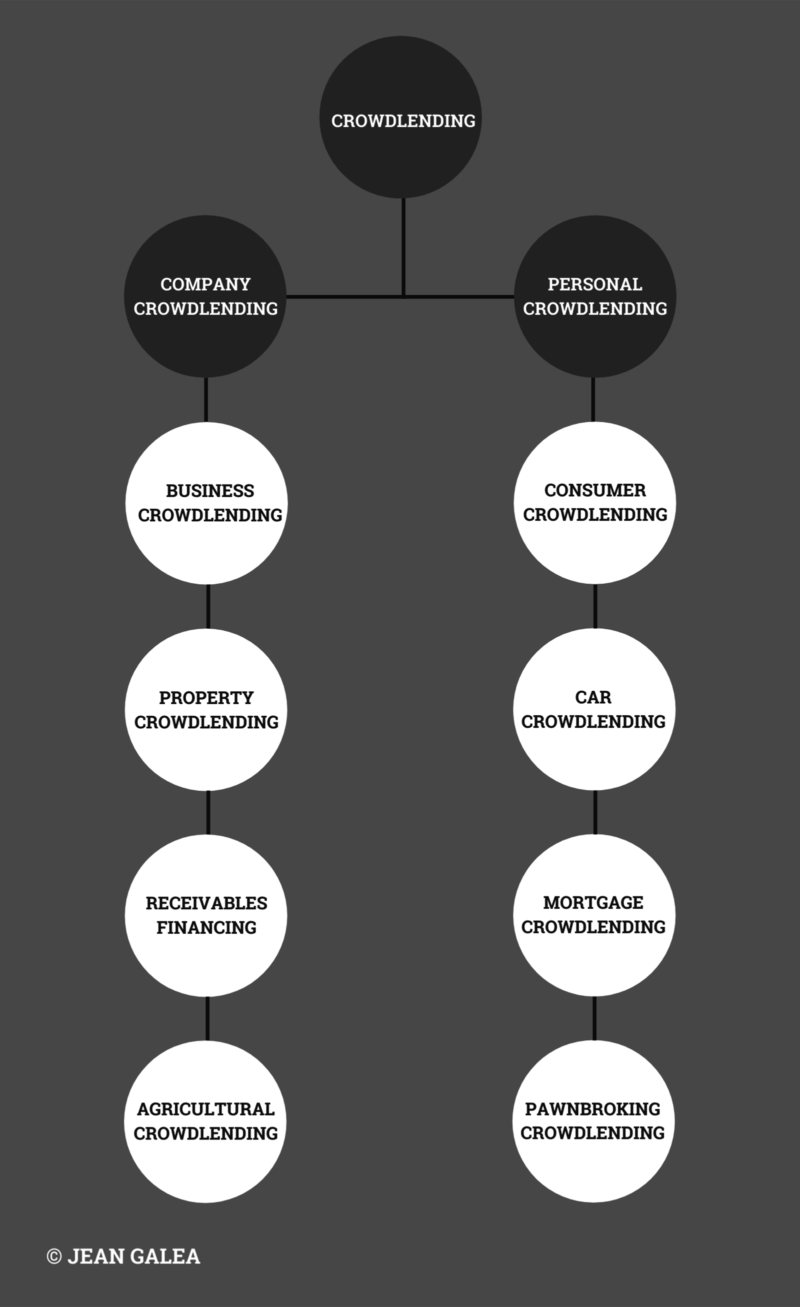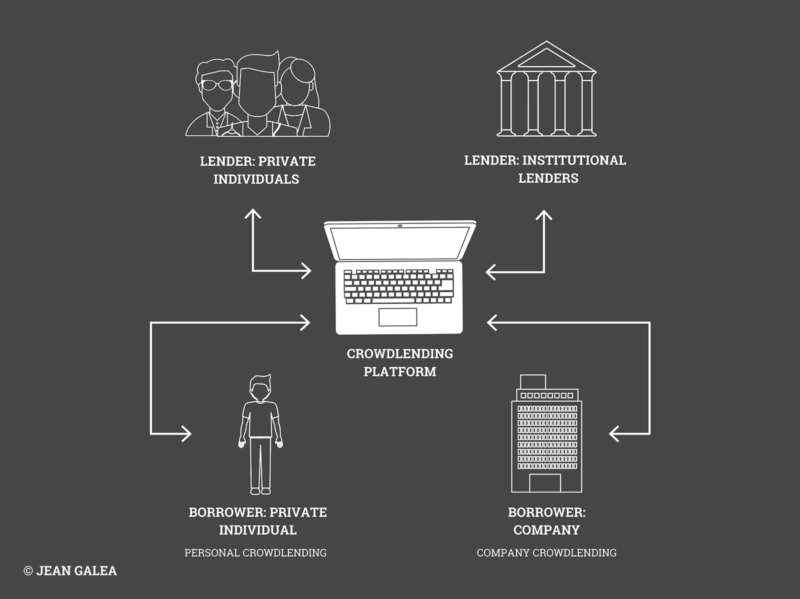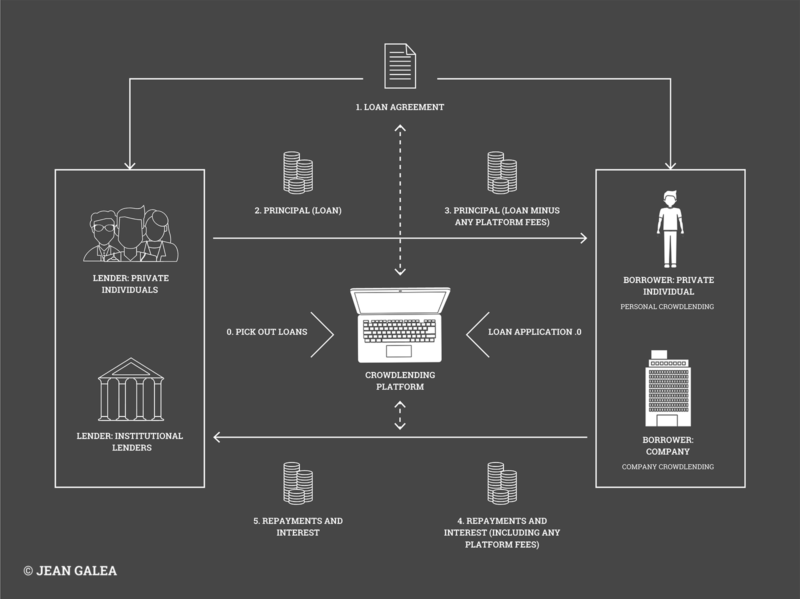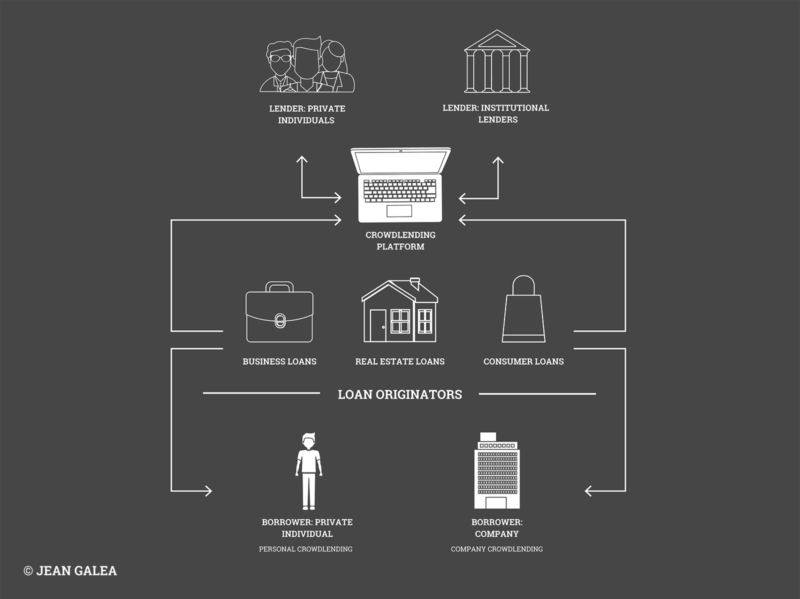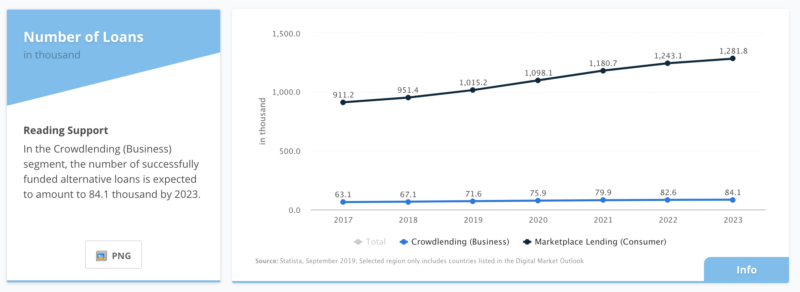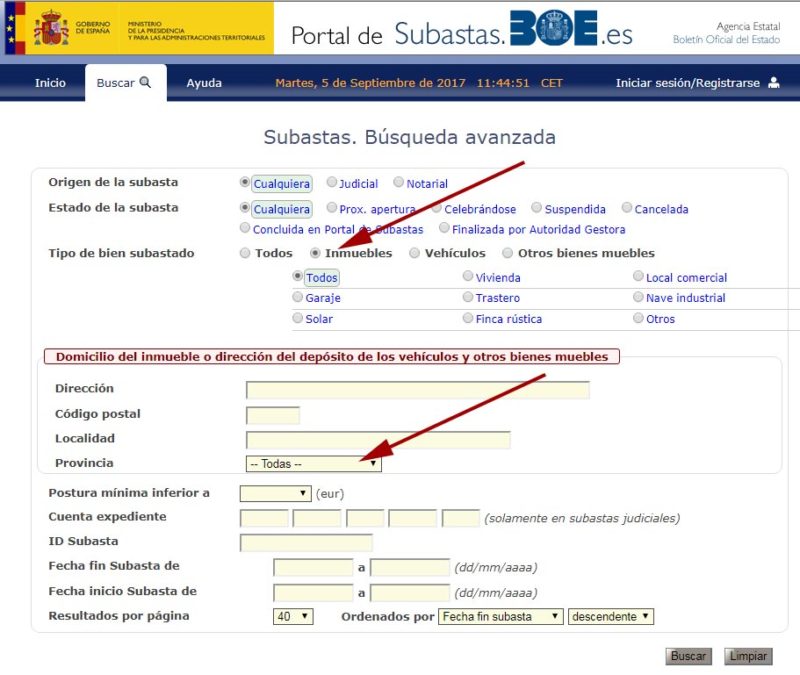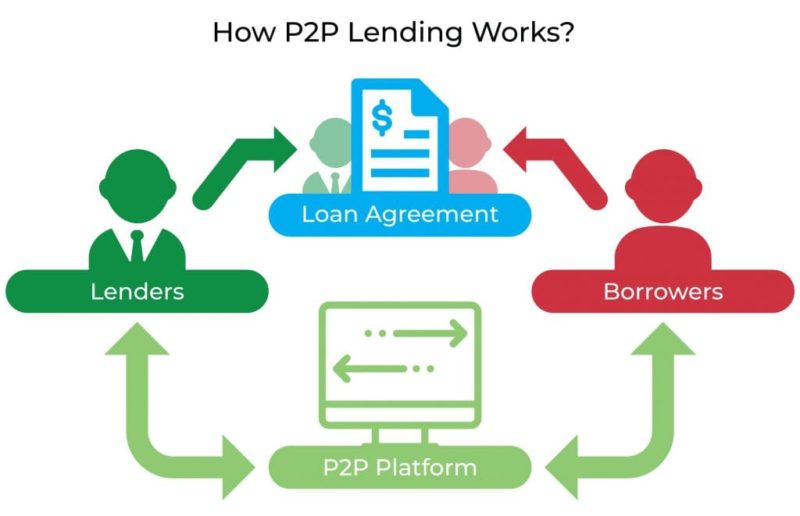I’ve written about what I consider to be the best P2P lending platforms for investing, however after the debacles on various platforms during the past years, people have been reaching out to me to ask about which platforms they should not trust.
I think it’s a good idea to list which platforms I actively avoid so you can do your research about them and potentially avoid them as well.
Platforms that were in the original list and eventually went bust are marked with a strikethrough.
- Lendermarket – many delayed loans, the non-fulfillment of the buyback guarantee, and blocking of withdrawals via pending payments.
- EstateGuru – too many delayed loans, incompetent management.
- Nordstreet – complicated to link up your bank account; you need to first open a Paysera account.
- Kviku – They don’t communicate with investors anymore and lots of loans pending.
- Housers – no due diligence on their projects and a murky fee structure along with many loan projects that were never concluded. As close as a scam as you can get without technically being a scam. Currently being investigated by the police in Spain.
- Bondster – Way too many defaults and no response from the team, seems to be going out of business soon.
- Crowdestor – little due diligence done on projects, leadership does not inspire much confidence, clearly on a downward trend towards its eventual demise.
- Quanloop – similar team to Bondkick – apparently a failed ICO project that did more or less the same thing that Quanloop is doing. I don’t have strong negative feelings against this platform, but it’s too early to recommend it.
CrowdEstate– Bad project selection.Fast Invest– funded by an ICO and too much focus on the founder’s story, which I don’t find believable anyway.Wisefund– sparse information about the projects they are funding.TFG Crowd– Sparse info about the managing team as well as being based out of coworking spaces. Not a serious financial platform.Iban Wallet– Very shady details uncovered about the company. Stay away unless they come clean.Dena Invest– all the indications of a “me-too” scheme with owners having no relevant experience.Grupeer– people have provided evidence of scam practices by this platform, active lawsuits are underway and interest payments have been frozen.Boldyield– not convinced about their way of measuring LTV, and I’ve had negative experiences with a similar platform in the past (Lendy).Monethera– shady buyback guarantee.Kuetzal– seems to be a scam.Envestio– featured several dubious projects in the past, although things seem to be improving lately.Agrikaab– ridiculous and obvious scam.
Hopefully, I’ll have some time to write about the platforms mentioned above in more depth at a later stage, if they survive till then.
There are some other platforms that I don’t necessarily think have serious management problems or are scams, however, I do avoid them just the same as I don’t think it’s worth the time and hassle to invest in them.
Lenndy is one such example. They are small players in the business and show no signs of catching up with platforms like Mintos nor are they offering anything innovative compared to the top players. I, therefore, see no reason to invest in them.
Bondora is another platform that is hated on by many investors, however, I’ve gotten decent and stable results over the years, which is more than can be said about most of the platforms on this page.
Do you agree with my choices? Let me know if there are other platforms you actively avoid investing in and why.
The P2P Platform Graveyard
Several P2P lending companies have gone bust over the past years. Here’s a list of them:
- CrowdEstate (2024)
- BulkEstate (2024)
- FastInvest (2023)
- Viventor (2023)
- IbanWallet (2023)
- Wisefund (2022)
- TFGCrowd (2022)
- Dena Invest (2020)
- Grupeer (2020)
- Boldyield (2020)
- Monethera (2020)
- Envestio (2020)
- Agrikaab (2020)
- Kuetzal (2019)
- FundingSecure (2019)
- Lendy (2019)
- Collateral UK (2018)
What’s your prediction for the next one to join the list?
So far I’ve lost money on Lendy. It was one of the first platforms I invested in, and since I didn’t know much about lending at the time, I luckily had the good sense to only invest a relatively small amount into the platform. It is now in administration and there is hope for some recovery of the debts, but I will lose part of my investment there. The owners of this platform sent millions of GBP to their accounts in the Marshall Islands and drove the company bankrupt. It’s one of the first big scams in P2P lending, and the fact that the platform was fully licensed in the UK should show us that being licensed does not mean that everything is rosy at a platform.
Overall the net result from investing in P2P lending platforms is still very positive, and that is what matters since we all know that these are relatively high-risk platforms in the first place, and there are bound to be borrower defaults, loan originators going bust and in some cases platforms themselves failing for myriad reasons.
The most important thing when you lose some money is to review what happened, understand what lessons can be learned, and move on. All investors lose money at some point, but as long as you’re right about your investments most of the time you will make money. It’s important to understand the concept of risk in investing and make peace with it right from the start.
Faced with the pain of losing money, many investors throw in the towel and write off investing altogether, but this is a mistake. As humans, we are wired to feel much worse about losing something than about gaining something, so you need to understand the psychology of risk and reward and push beyond it to continue learning and investing because it’s the only way to become a better investor and ultimately make serious money in the long run. Remember that if you’re not investing, your money is actually losing value due to the effects of inflation.
If you’re just starting and you’re feeling that the prospect of investing in P2P lending is daunting, you might want to check out my tips for evaluating P2P lending platforms as in that post I’ve shared all the lessons learned along the way and my criteria for deciding whether or not to invest in a platform.
A note on Trustpilot
Over the years I’ve come to understand that many new investors rely heavily on Trustpilot to formulate their decisions on whether to invest in a platform or not. By default, I don’t trust sites like this and would never rely on them to make up a decision.
I have looked at Trustpilot reviews a few times as some platforms proudly display their rating, but it turns out that several of them are clearly abusing the system. Basically, it consists in posting positive fake reviews while simultaneously taking down bad reviews.
I think the following video fully exposes the uselessness of Trustpilot as a review platform:

